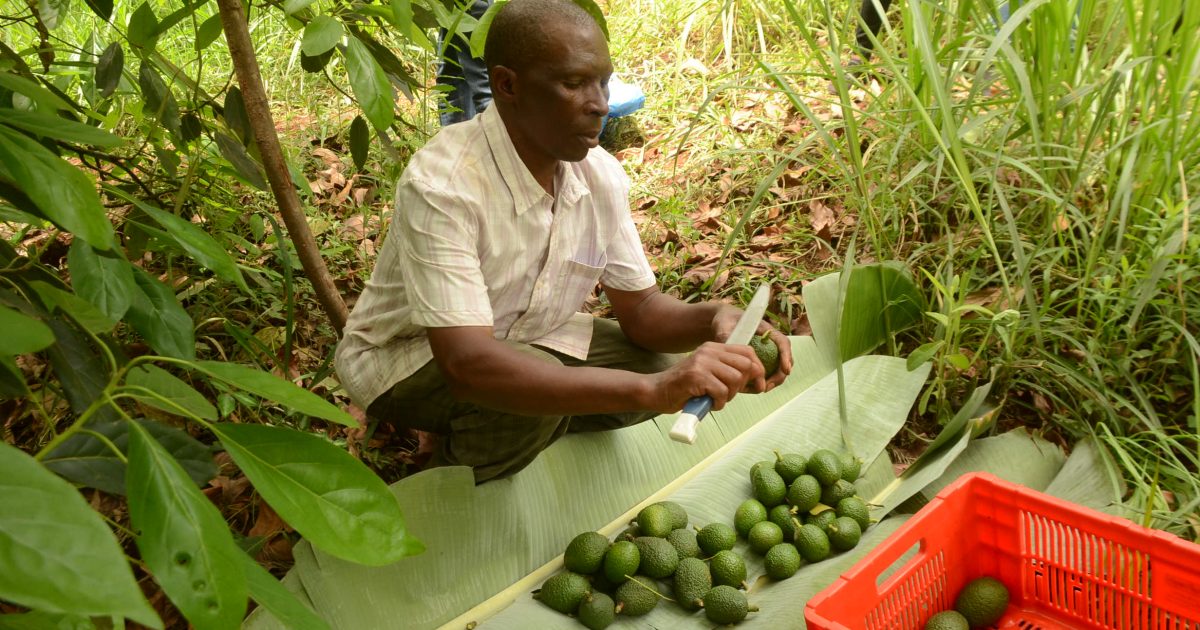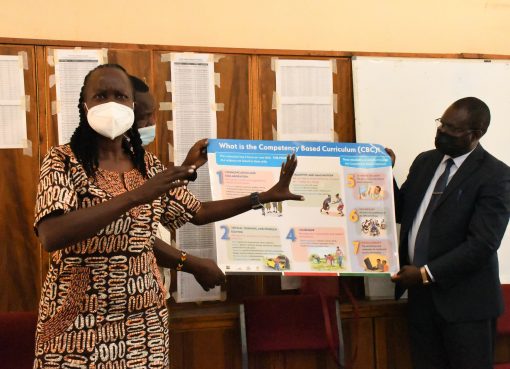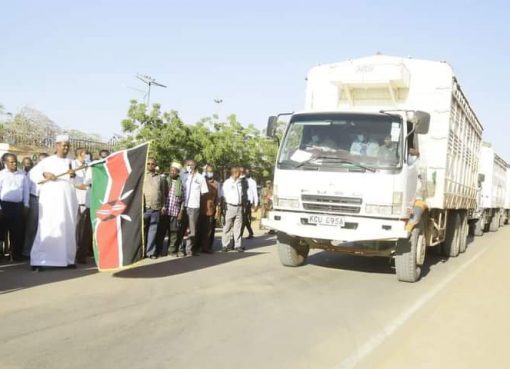Installation of cold storage units in the Kandara area of Murang’a County has helped scores of avocado and banana farmers cut post-harvest losses to about 30 percent.
The farmers who market their produce through a local company dubbed Soko-Fresh, are able to store their harvest for some days before their products get to designated markets.
The company, through financial support from the Dutch Fund for Climate and Development (DFCD) in May this year, installed portable solar powered refrigeration units to assist farmers store their produce.
The facilities established at Muruka area have been of great relief to the local farmers as it has also helped them to avoid middlemen who used to buy their bananas and avocados at throwaway prices.
One of the farmers, Ngugi Karanja, recounted how they used to be exploited by brokers who used to buy their avocados for Sh3 per piece.
“We are happy now a piece of avocado is going for more than Sh15. The cost of wastage has gone down and the cold storage facilities have enabled us to keep our fruits fresh before they get to market,” added Karanja.
He further lauded the technical assistance they got from the local company, which has enlightened them on the best ways of nurturing their fruits to maturity as well as better ways of harvesting,” he added.
Some years back, farmers, especially those venturing into avocado farming, incurred huge losses due to poor handling of the fruits, especially during the harvesting period.
“Brokers used to come to our farms, harvest all avocadoes irrespective if they are mature or not, but now with technical assistance from various organizations including Soko-Fresh, we are making high returns from our fruits,” he further attested.
Soko-Fresh Hub Operator, Winnie Githinji, said they organized farmers into groups to assist in training them on better farming practices as well as pull collection of their produce.
The refrigeration units, Githinji said, have helped in storage of the produce before they source buyers offering best prices.
On his part, the company’s Chief Executive Officer, Dennis Karema, observed that the storage units can preserve the quality of the produce and thus buyers usually give better prices for produce.
He observed that in Murang’a, they are working with more than 1, 000 farmers saying they are also working in other counties including Embu, Meru, Machakos and Makueni.
Karema stated that the solar powered refrigeration units are cheap to manage and usually help farmers to accrue more returns as they eliminate some actors who have been taking advantage of farmers.
“In Murang’a, we came in after we realized there was a clear gap in the value chain and thus, we have been of help to the local farmers especially those venturing in banana and avocado farming. We are targeting to install more than 100 similar facilities within a period of one year especially in arid and semi-arid areas where fruits are doing well,” added Karema.
He lauded DFCD for the support in installing the cold storage units which have been of great benefit to local farmers who used to incur huge post-harvest losses.
“Local cooperatives and companies can also use the units to preserve their produce before taking them to markets,” he added.
DFCD Business Development Advisor, Florence Kariuki, said her organization which is under the Netherland Development Agency, has been working with several private organizations to assist in adaptation of climate change.
She noted that cutting of postharvest losses is one way of helping farmers to adapt to climatic changes, saying farmers can use new technology to support their farming.
Kariuki said they help the organizations in feasibility studies and marketing among other matters adding they give grants to cover gaps which financial institutions cannot provide.
The provision of cold units, she noted, are environment friendly and will go a long way to helping local farmers in cutting post-harvest losses.
“The cold storage facilities are solar powered and are portable so that they can be taken to areas where they are urgently needed,” she further said.
By Bernard Munyao




